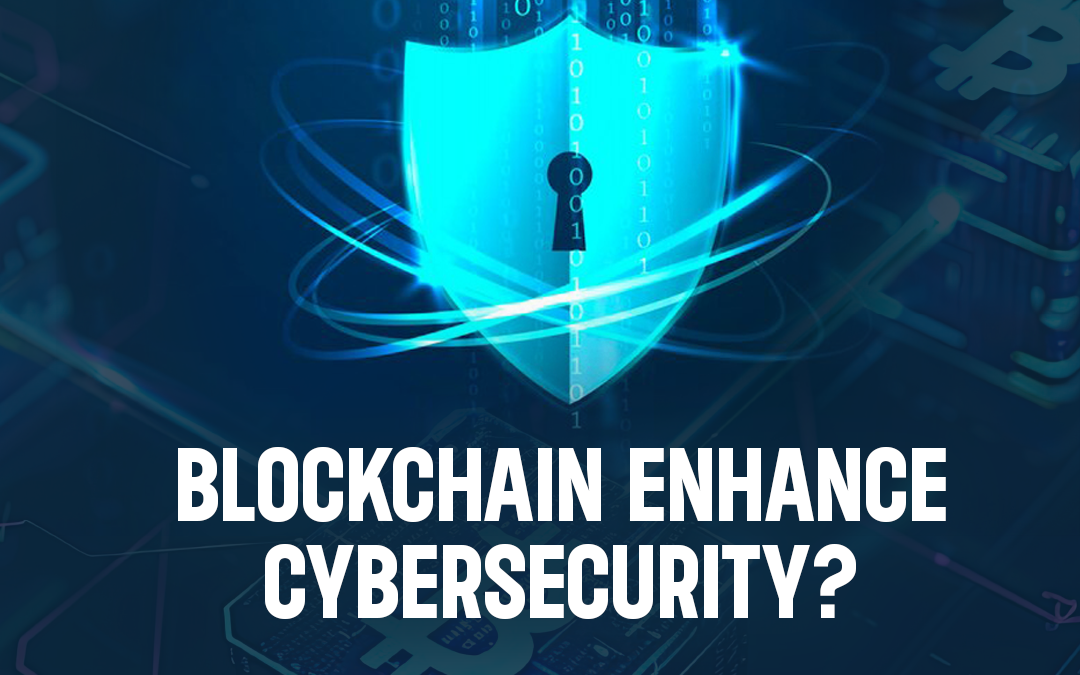
In recent times, blockchain technology has become a game-changer in fields such as finance, supply chain management, and healthcare. Its most profound influence can be seen in the area of cybersecurity. By enabling decentralized and unchangeable data storage and transaction systems, blockchain provides an effective solution to many security issues found in conventional systems. This article examines the ways blockchain enhances cybersecurity, ensuring data integrity and safeguarding against cyber threats.
The Role of Crypto Wallets in Blockchain
Crypto wallets are pivotal to the blockchain ecosystem, enabling smooth transactions between users. These wallets store private and public keys essential for sending and receiving cryptocurrencies, allowing users to manage their digital assets securely. They facilitate instant cross-border transactions without intermediaries, thereby cutting down on transaction costs and processing times.
The best crypto wallets come equipped with various features to boost security and user-friendliness. Many include multi-signature support, requiring multiple approvals for a transaction, which provides an added layer of defense against unauthorized access. Features like biometric authentication and hardware-based security also help ensure that users' assets are shielded from cyber threats.
As blockchain technology continues to advance, crypto wallets remain crucial to its functioning, offering secure and efficient methods for transactions and asset management.
Decentralization and Data Integrity
A fundamental characteristic of blockchain technology is its decentralized structure. Unlike traditional databases managed by a central authority, blockchain functions on a distributed ledger system, where data is stored across numerous computers (nodes). This decentralization boosts cybersecurity by removing single points of failure that are often targets for cyberattacks. Even if one node is breached, the rest of the network remains protected, maintaining the data's integrity.
Furthermore, consensus mechanisms in blockchain, like Proof of Work (PoW) or Proof of Stake (PoS), ensure that all transactions are verified and agreed upon by the network before being added to the blockchain. This makes it extremely challenging for malicious entities to alter or erase data, ensuring a high level of data integrity and trust.
Immutability and Transparency
The immutability of blockchain is another major advantage for cybersecurity. Once data is entered into the blockchain, it cannot be modified or removed without network consensus. This characteristic prevents unauthorized alterations to data and creates a transparent and verifiable record of all transactions. Blockchain's transparency allows for easy tracking and verification of data, minimizing fraud risk and ensuring accountability.
The unchangeable nature of blockchain is particularly useful in sectors where data integrity is paramount, such as supply chain management and healthcare. By maintaining an immutable record of transactions, blockchain ensures that information remains accurate and reliable.

Advanced Encryption and Security Protocols
Blockchain employs sophisticated cryptographic methods to secure data and transactions. Each block in the chain contains a unique cryptographic hash of the preceding block, creating a secure and tamper-resistant link between blocks. This hashing process ensures any attempt to alter data results in a mismatch, alerting the network to possible tampering.
Additionally, blockchain networks often adopt extra security measures, such as encryption and digital signatures, to protect data and communications. These protocols ensure that only authorized parties can access sensitive information, thereby enhancing privacy and security.
Defense Against DDoS Attacks
Distributed Denial of Service (DDoS) attacks are a persistent threat to centralized systems, where attackers flood a network with excessive traffic, rendering it inoperable. These attacks can disrupt services, lead to significant financial losses, and damage reputations. Centralized systems, with their single points of failure, are especially vulnerable because attackers can easily target these bottlenecks to cause widespread disruption.
Blockchain technology offers a robust defense against DDoS attacks through its decentralized architecture. Unlike traditional systems, where data and services are concentrated in a few servers, blockchain distributes information across a vast network of nodes. Each node holds a copy of the entire blockchain, ensuring that the network continues to function even if several nodes are compromised. To effectively execute a DDoS attack on a blockchain, attackers would need to overwhelm a majority of the nodes simultaneously, which is logistically challenging and resource-intensive.
The decentralized nature of blockchain enhances its resilience against DDoS attacks, making it particularly beneficial for critical infrastructure and services that require high availability and reliability. For example, financial institutions, healthcare providers, and government services can maintain operational continuity during a DDoS attack when built on a blockchain platform. This resilience ensures that essential services remain accessible, preventing disruption to end-users and safeguarding sensitive information.
Secure Identity Management
In today’s digital world, where personal data is frequently at risk, secure identity management is crucial. Blockchain offers a promising solution by providing a secure and decentralized framework for identity management. Traditional identity systems are centralized, storing user information in a single location, making them attractive targets for hackers. In contrast, blockchain-based systems distribute data across a network of computers, making breaches much harder.
A key benefit of blockchain in identity management is the use of cryptographic keys. Each user receives a unique cryptographic key to manage and share their identity information, allowing them to share only the necessary information for a specific transaction or interaction. For example, a person can share proof of age without revealing their full birth date and personal details.
Moreover, blockchain’s decentralized nature gives users greater control over their personal data. Instead of relying on third-party institutions for identity verification, individuals can authenticate themselves directly, reducing dependency on centralized authorities and lowering the risk of data manipulation or misuse. By enabling users to verify their identities independently, blockchain promotes a more transparent and trustworthy system.
Blockchain's implications for identity management go beyond security and privacy, offering increased efficiency and convenience. With a single, secure identity usable across various platforms and services, users can avoid the hassle of managing multiple usernames and passwords. This streamlined process not only simplifies the user experience but also reduces administrative costs for organizations. Overall, blockchain technology is set to revolutionize identity management by offering a secure, user-centric, and efficient solution.
Conclusion
Blockchain technology significantly boosts cybersecurity by providing a decentralized, immutable, and transparent framework for data storage and transactions. This architecture minimizes the risks of centralized data breaches and unauthorized access, making it more difficult for hackers to exploit a single point of failure.
Additionally, the transparency inherent in blockchain systems ensures that any alterations to data are openly recorded and easily traceable, enhancing accountability. Moreover, its cryptographic nature ensures that data once entered into the blockchain is virtually tamper-proof, safeguarding sensitive information against manipulation and fraud.
Share this post
Leave a comment
All comments are moderated. Spammy and bot submitted comments are deleted. Please submit the comments that are helpful to others, and we'll approve your comments. A comment that includes outbound link will only be approved if the content is relevant to the topic, and has some value to our readers.

Comments (0)
No comment